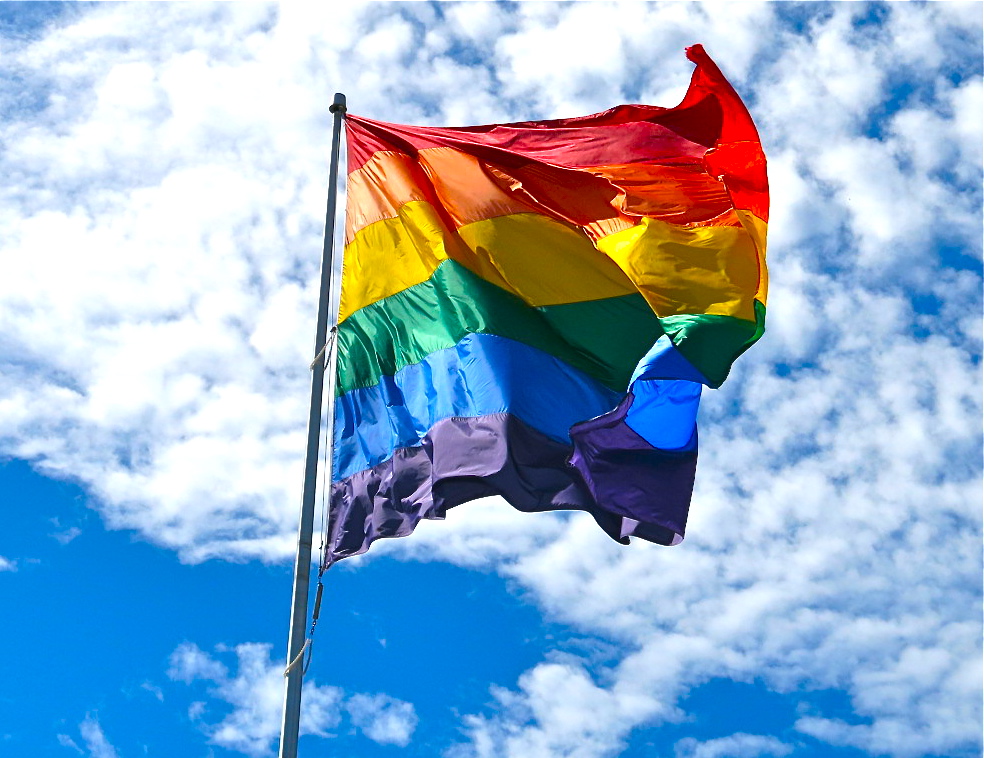In the village of Guasculile, north of Honduras’ capital city of Tegucigalpa, a man was found dead — he was strangled.
Less than a year before his death, in 2011, the same Honduran man, LGBT activist and journalist, Erick Martínez Ávila wrote in a blog post, “The history of the LGTB community has been written with blood, bravery, and suffering.”
Ávila’s murder was one of almost 300 violent LGBT deaths reported over the last eight years in a country with just over nine million people, according to the LGBT human rights organization Amnesty International. More than half of those killed were gay men and almost a third were transgender people.
According to the report released by the Human Rights Watch in 2017, many more deaths go unreported. These deaths make Honduras among the seven most dangerous countries to be LGBT as well the world’s most treacherous place to be an environmental rights defender.
The violence spiked after 2009, when the country’s then–democratically elected president Manuel Zelaya was ousted by his congressional opponents backed by the military. While international condemnation from the United Nations, the Organization of American States and the European Union came swiftly, Canada’s rebuke was effectively much milder as military aid was not cut off.
After the coup, many of Honduras’ LGBT organizations joined protests demanding the restoration of democracy. This visible LGBT presence fueled persistent surveillance, arbitrary detentions and assaults against LGBT activists and defenders of LGBT rights, including the murder of Erick Martínez Ávila as well as the 2016 murder of prominent activist René Martínez Izaguirre, the president of the Sampedrana Gay Community of San Pedro Sula in Honduras’ second-largest city.
In November 2017, President Juan Orlando Hernández won a second term in an election that the Organization of American States deemed so irregular that it called for a re-run. Protestors took to the streets in huge numbers and the subsequent military crackdown led to dozens imprisoned.
Gang warfare is a major contributor to Honduras’s dubious distinction as a country with one of the highest murder rates in the world.
But gangs are not the biggest problem. According to the Coalition Against Impunity, an alliance of 29 Honduran NGOs, “The police constitute the primary perpetrator of violations of the rights of the LGBT community.” The Honduran government reports that 95 percent of anti-LGBT crimes go unpunished.
Much of media is also controlled by those fuelling hate, says Indyra Mendoza of Cattrachas. “The media feeds into the climate of hate,” Mendoza says. “They write lies about us, driven by religious fundamentalism that uses language and images to describe us as second-class citizens.”
Adeline Neau, a researcher for Amnesty International in Central America, says Honduras’ astounding levels of violence drives LGBT migration northward. In a 2017 Amnesty study that interviewed 20 LGBT asylum seekers and refugees from the Northern Triangle (El Salvador, Guatemala and Honduras), 25-year-old Carlos recounted how he fled for his life from Honduras because of beatings “for being gay” from family members as well as from local gangs.
According to the study, Carlos’ serious troubles began when he received death threats from local gangs, which often work in collusion with local authorities, enabled by the corruption and impunity rampant in Honduras.
In early 2016, he was beaten by gang members who threatened to murder him. He fled to San Pedro Sula but within a few weeks, the gangs found him and attacked him as he was leaving his new job.
He escaped Honduras by bus through Guatemala into Mexico. He was quickly arrested by Mexican immigration officials, thrown in a jam-packed cell and then raped when he was moved to a migrant shelter.
The UN High Commission on Refugees (UNHCR) stepped in, and Carlos eventually found his way to Canada. According to the UNHCR, one of the risk profiles for asylum seekers from El Salvador and Honduras are LGBT people, and it acknowledges that this group may need international protection. In other places in Latin America, homophobic violence is also spiraling, even those such as Brazil, which maintains an LGBT-friendly ranking, has seen the violent deaths of LGBT people increase by 30 percent in 2017 compared to 2016.
Many LGBT refugees like Carlos are helped by organizations across Canada.
Doug Kerr, project lead for the Dignity Initiative, a coalition of over 20 Canadian organizations committed to defending LGBT human rights, says that “until recently, Canada was not considered a major player when it comes to international LGBT issues.”
Canada is currently co-chair of what is considered to be the intergovernmental coalition protecting LGBT people, the Equal Rights Coalition, and hosted a conference in Vancouver last month where it upped its commitment to LGBT rights.
This included announcing that Global Affairs Canada will fund a five-year, approximately $1 million to support the justice for victims of gender-based violence in Honduras project through the Justice Education Society of British Columbia. The project aims to strengthen the Honduran justice system’s response to femicides and crimes against LGBT people.
“We’re very heartened by the recent government initiatives but there is a lot more to do,” Doug Kerr says. “A global backlash is happening across the world against sexual and gender minority rights, particularly from evangelicals and far right forces.”


 Why you can trust Xtra
Why you can trust Xtra


